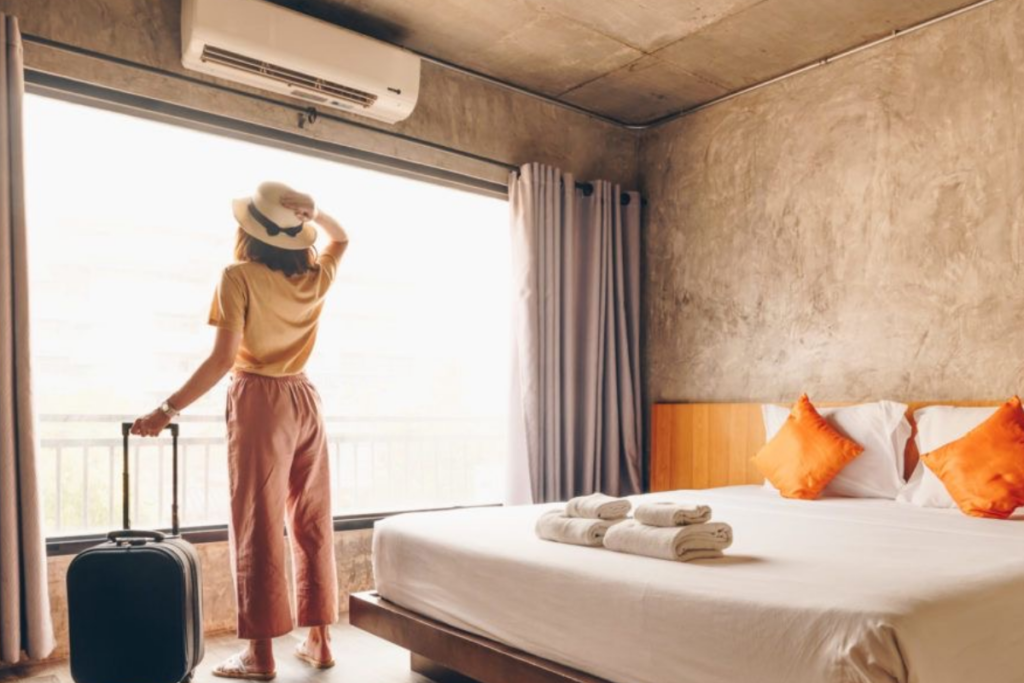When Dana and her husband, first bought their house nearly twenty years ago, before Airbnb became a thing, they never imagined renting it out to strangers. However, the small house in Louisville, Kentucky, was close to the racetrack where the Kentucky Derby takes place every May. Many people came from other parts of the country to see the race. They thought renting it to these people would be an easy way to earn extra money.
House-Hacking: The Early Form of Airbnb
In 2007, before Airbnb existed, Dana and Brian started what would someday be called house-hacking. They started renting out their home to help pay the mortgage. During race weekends, they could make enough to cover three months of payments.
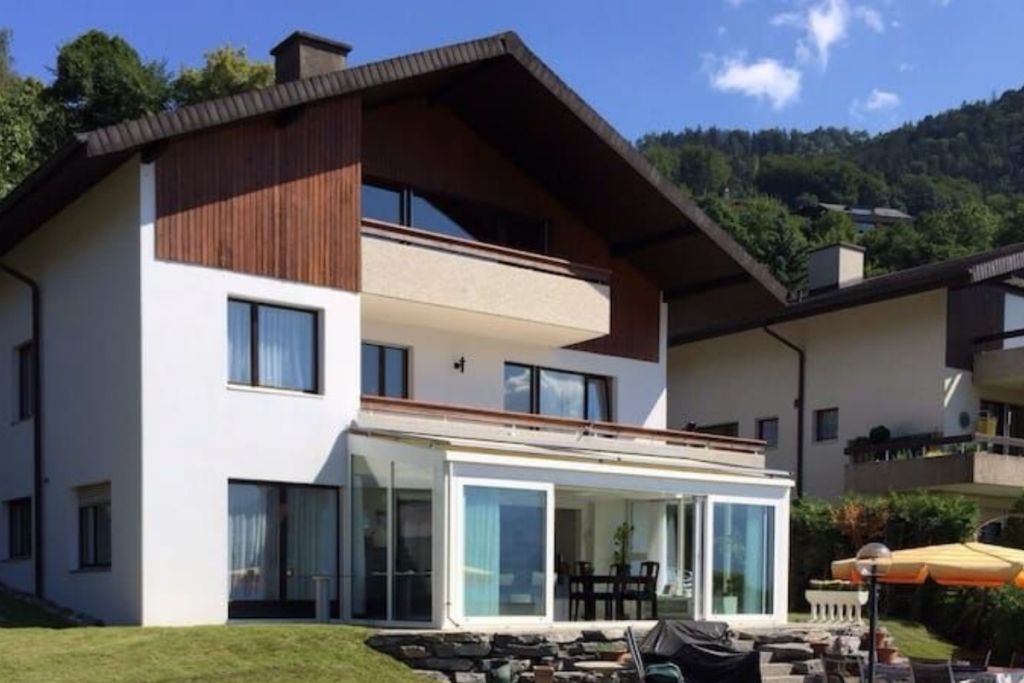
However, it wasn’t a smooth ride, their first guests gave them a bad check. So when Airbnb introduced protections for hosts, they joined quickly. “Unlike how common it is now, back then, letting strangers stay in your house seemed crazy to friends,” Dana said. One even asked, “What if they lick your plates and put them back?”
Adopting Airbnb Early On
After renting out their house in Kentucky, something new came in. They got the idea to rent out a $17,000 triplex in Detroit. Dana and her husband bought the property in 2014 after she fell in love with the city during a visit. The income they made helped them cover the renovation costs, and they also rented out their Louisville house whenever they were in Detroit.
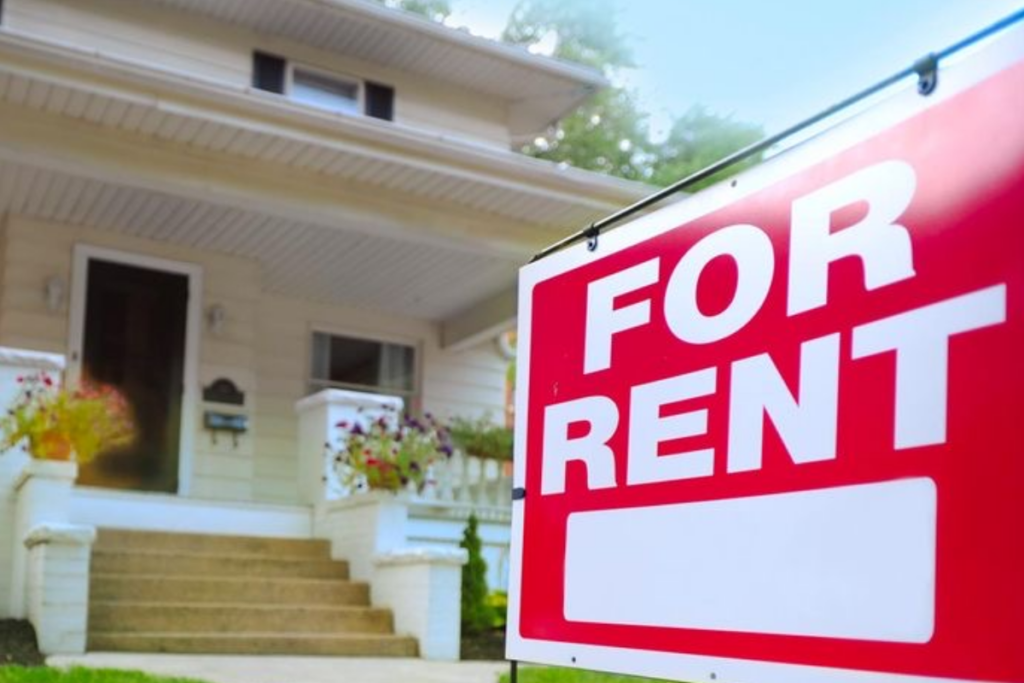
“We split our time between the two cities for a year and a half. This experience led us to buy a large Victorian house in a historic Louisville neighborhood in 2016,” Dana stated. “We were making progress.”
Home Rentals: Is it a Passive Income?
“My husband sent a text that read, ‘We could really make money with Airbnb on this house!’ when he sent me the $200,000 listing,” Dana mentioned. The house was beautiful, but it needed some work. It had a guest suite on the third floor and a carriage house. These features made it perfect for short-term rentals. The couple thought they could cover the renovation costs and maybe even the mortgage with the income, which they assumed would be passive.
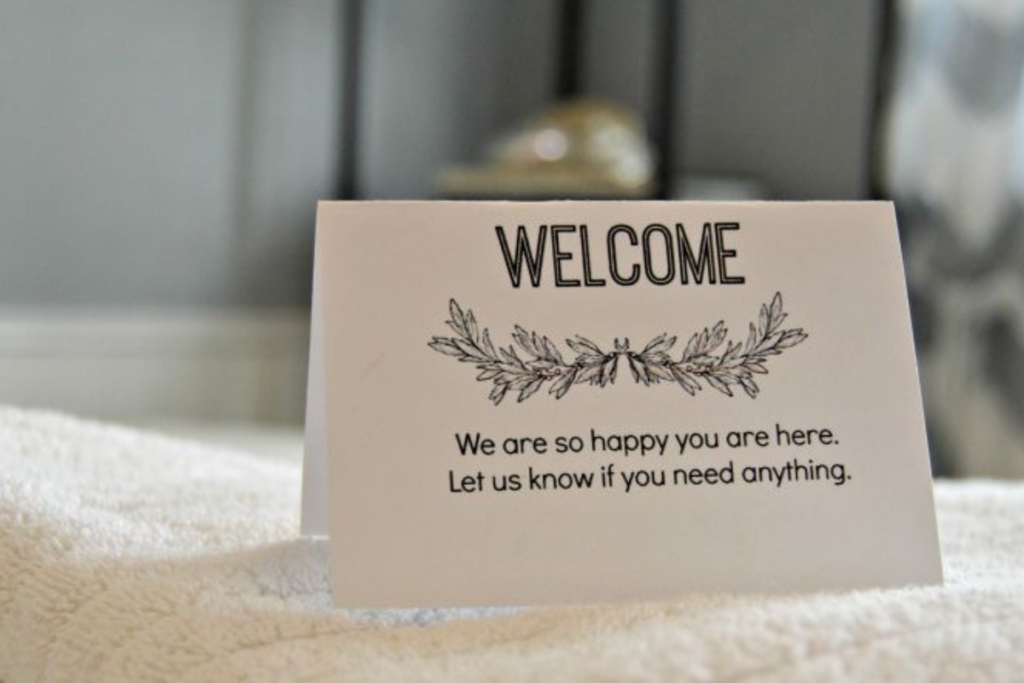
However, it wasn’t passive; they had to work hard and worry a lot. They switched between renting to random people and then travel nurses during COVID-19. They described it as a tiring workload. They ended up selling the house in 2023, among other properties.
Limits of Short-term Rentals
“I’ve been looking for a house and have seen many listings claiming you can make money from short-term rentals,” Dana said. “However, nowadays, most cities require licenses for short-term rentals. This limits how many short-term rentals there can be. Taxes will also be enforced.”
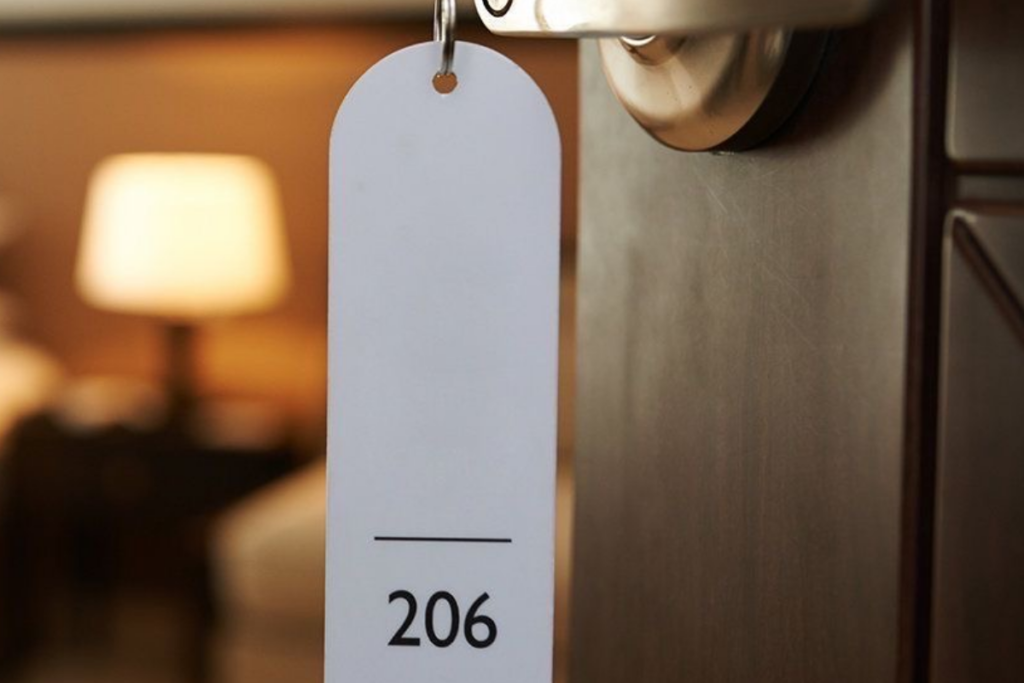
“Despite this, some sellers and their agents advertise this income potential for houses that don’t have the necessary licenses and can’t even get one,” she further stated.
How Airbnb Works
After spending a lot of money and time getting the necessary permits and licenses for their properties, Dana found the practice pretty unpleasant. She said even if the listing could legally make money, it wasn’t a quick or easy way to get rich.
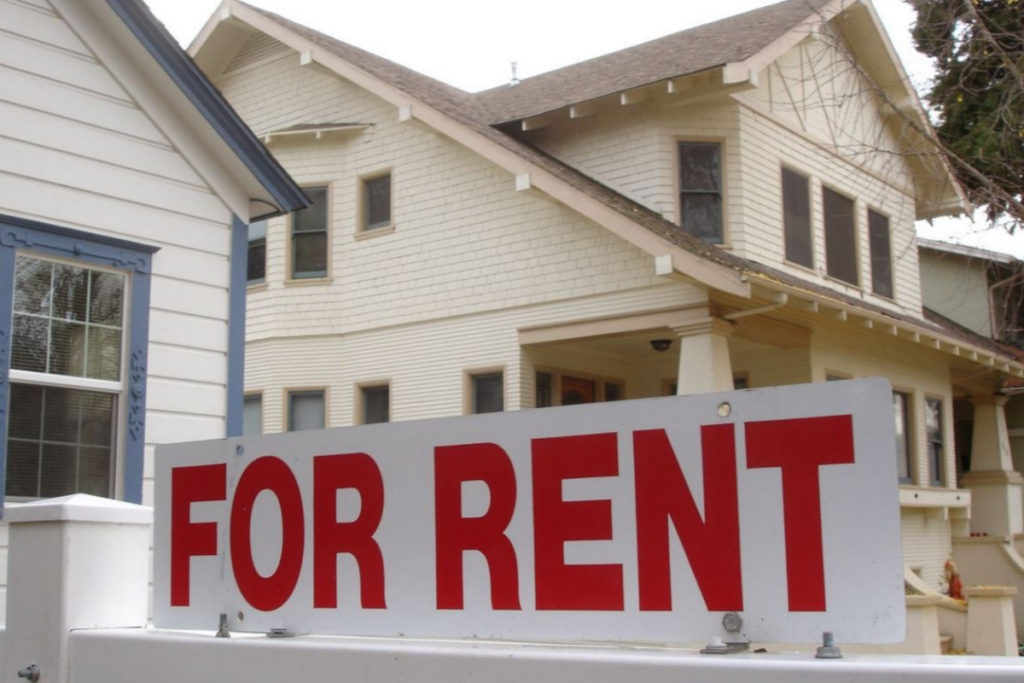
“Home rentals might be considered passive income by the IRS, but that’s not it. Here’s the truth from someone with over 15 years of experience: rentals involve a lot of workload. It’s not just cleaning, managing the calendar, or trying to please guests and handle issues,” Dana stated. “It’s also the emotional stress of worrying about reviews. You’re only as good as your last few reviews, and I stressed over every detail to maintain my all-five-star superhost status.”
Is Renting Your House on Airbnb Worth It?
According to Dana, owning an old house can be stressful. Renting it out to different people, who can leave reviews that can affect your business, adds more stress. Dana said she couldn’t relax because she was always worried about things like leaks when it rained, the HVAC breaking down in cold weather, or the AC not working well during hot days.
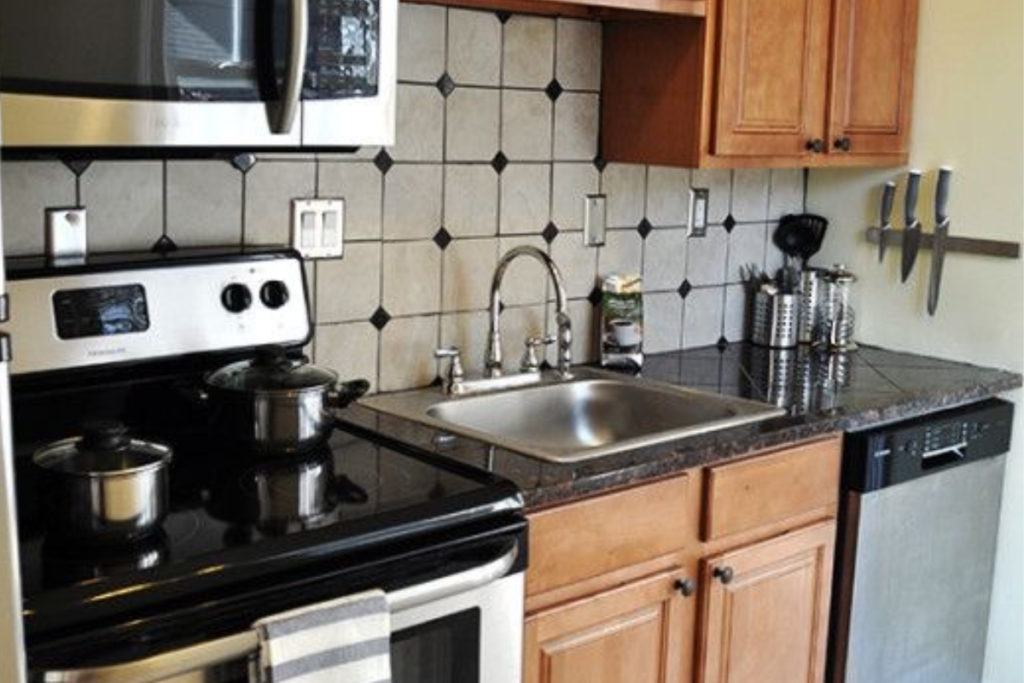
However, the income was good. “It was worth it until competition increased,” Dana confirmed. “When the competition increased, I got a push from Airbnb to lower my prices. Before COVID, I was already tired of their constant reminders to cut my prices.” She further said, “When the pandemic started, I switched to renting to travel nurses. This didn’t reduce the income much, but it was less work. Instead of cleaning and answering questions every few days, it was every three months.”
How Profitable is Renting a House Out on Airbnb?
“It depends on how you look at it. If you’re thinking about buying properties just to rent them out, be careful. Ensure you can legally rent it; don’t trust the listing. Look at local rentals to see your competition and their prices because this will determine if it’ll be profitable or not,” Dana advised.
“Think about how much time you can spend managing the rental and what that will cost you. Make sure your budget can handle the mortgage if something terrible happens and you lose the rental income, like a pandemic or significant repairs.”
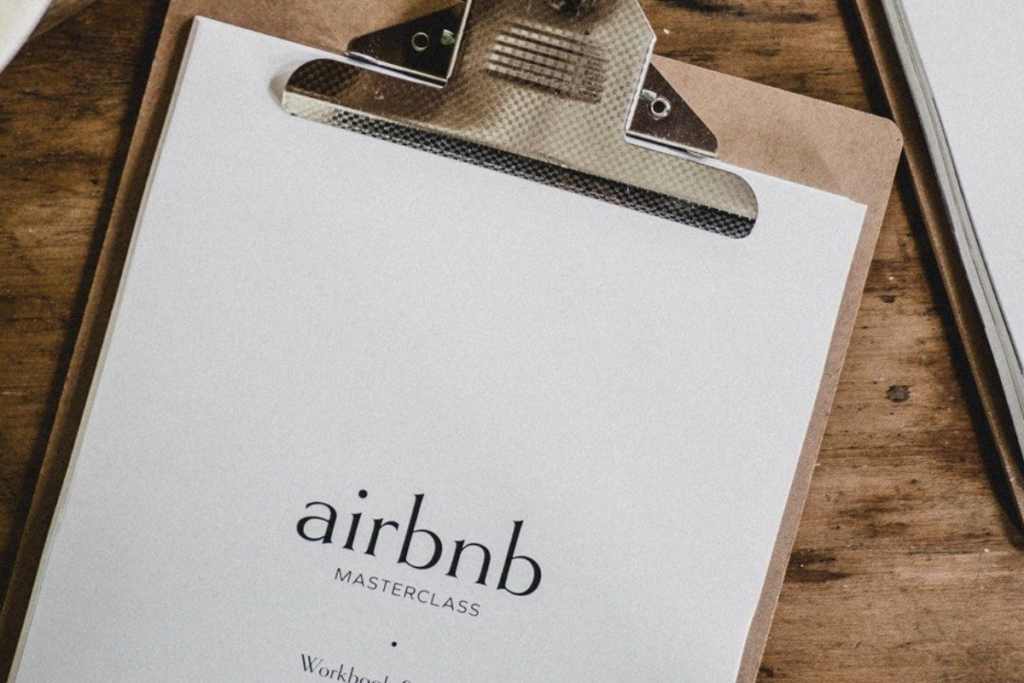
“I bought a single-family home. I don’t get rental income to help with the mortgage, but I also don’t have noisy renters above me. There are no worries about what could go wrong; I only need to please myself. So you can say not renting my house out is profitable now. It depends on what works for you,” she concluded.
Difference Between Airbnb and Bread and Breakfast
Airbnb and bed and breakfasts (B&Bs) differ in how they operate, what they offer, and the experiences they provide. Airbnb is a website where people can list and rent out their homes or rooms. The types of places you can find on Airbnb range from single rooms to entire houses and even unique options like treehouses or boats. The service you get on Airbnb varies greatly, depending on the host.
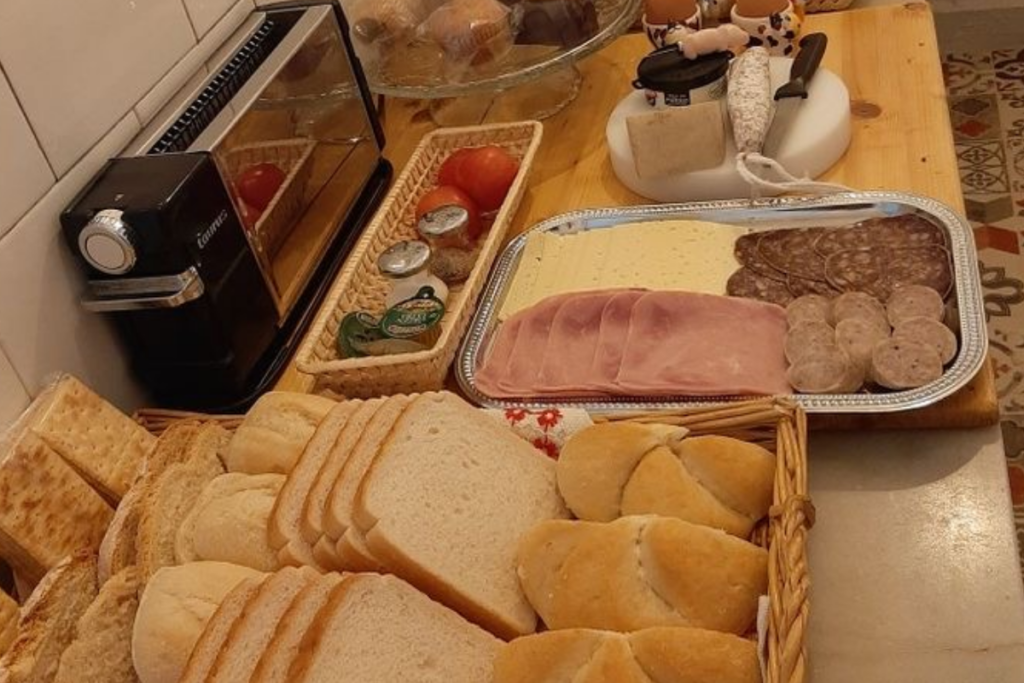
On the other hand, a Bread and Breakfast (B&B) is a small lodging place that offers a room for the night and breakfast in the morning. B&Bs are usually private homes with a few rooms, and the owner often lives there and interacts with the guests. The owner typically makes and serves breakfast and tries to create a friendly atmosphere.
Features of Airbnb and Bread and Breakfast
Rules and regulations for Airbnb and B&Bs are different. Airbnb properties must follow local laws, which can affect their availability and legality. Bread and Breakfasts follow long-standing hospitality rules and standards, which are more consistent. In terms of amenities, they also differ.
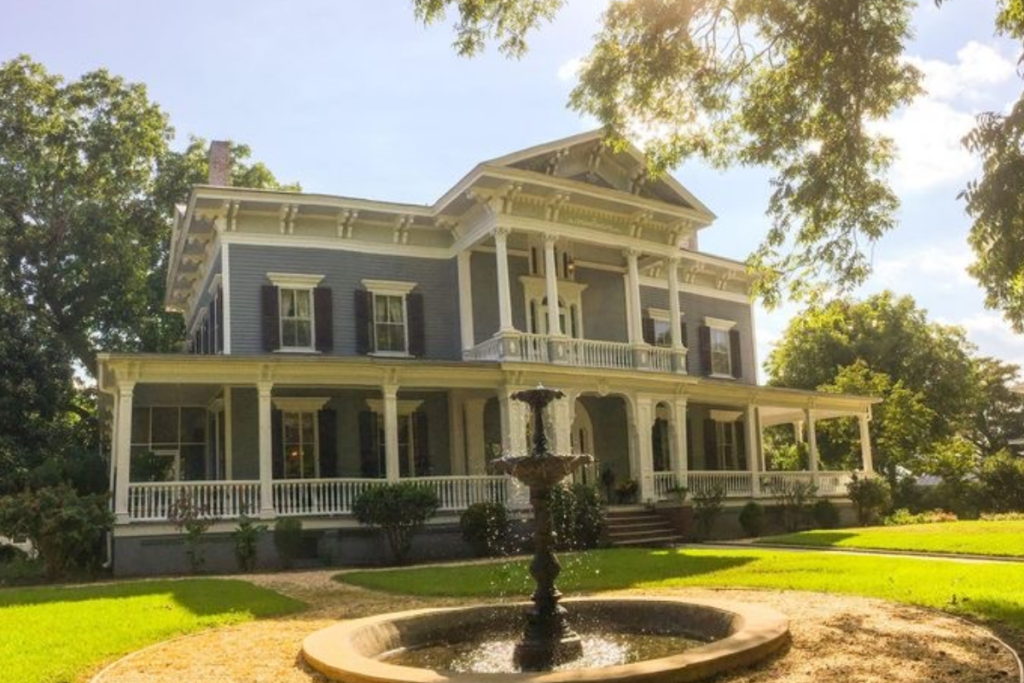
Airbnb amenities depend on the host and property. Breakfast and other meals are usually not included unless the host offers them. B&Bs usually include breakfast and sometimes other meals or snacks, with more standardized amenities for a comfortable stay.

